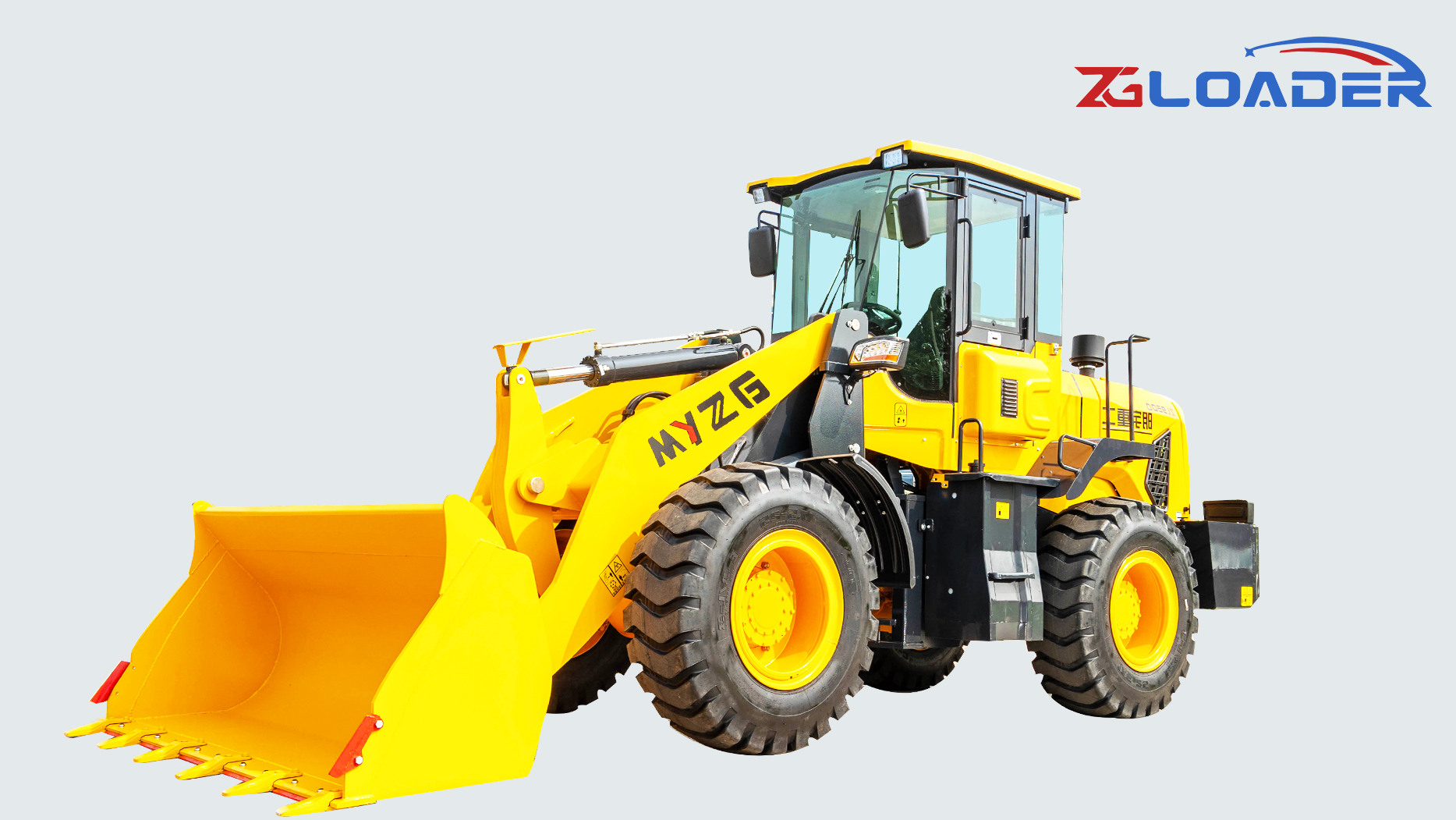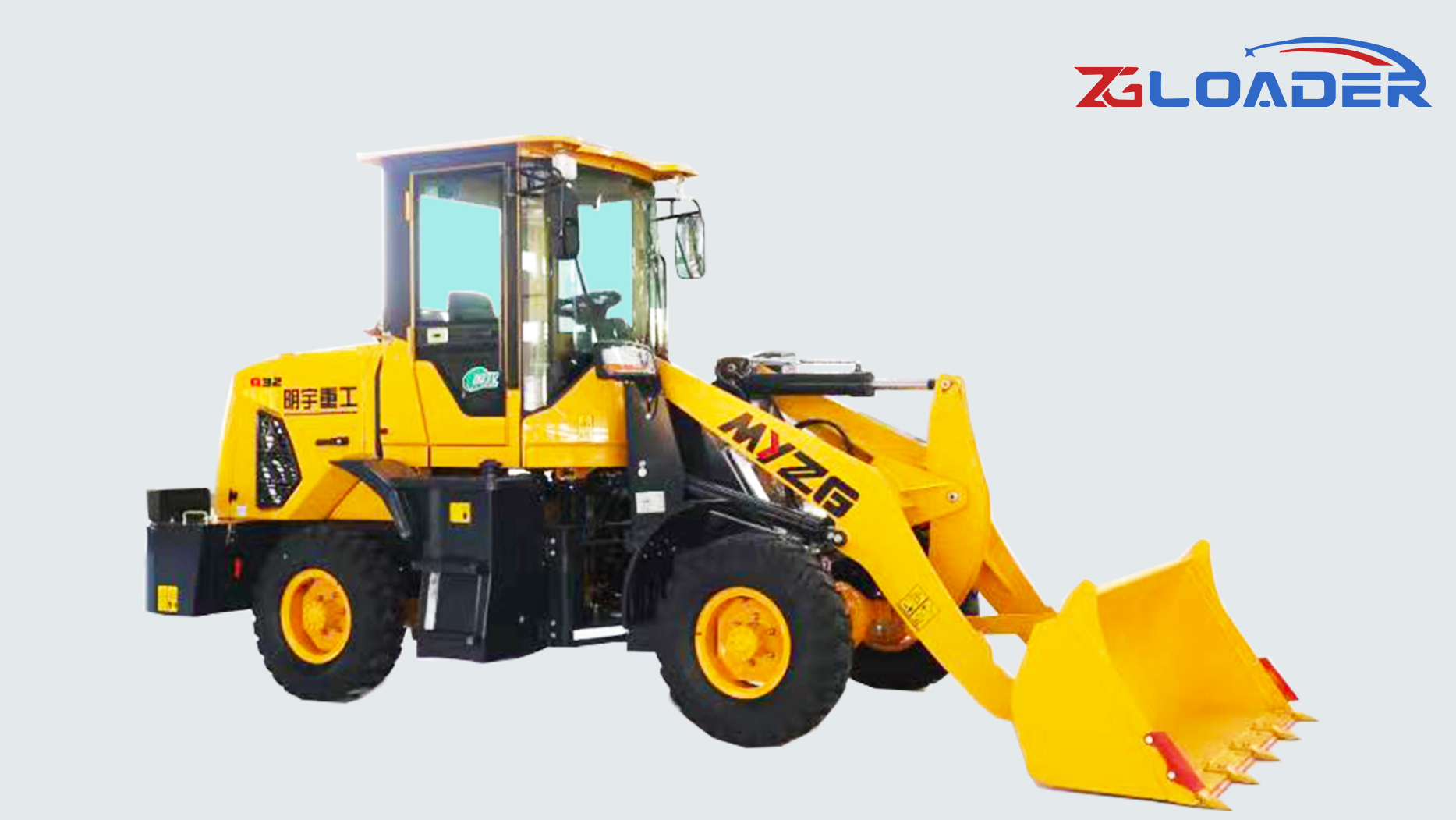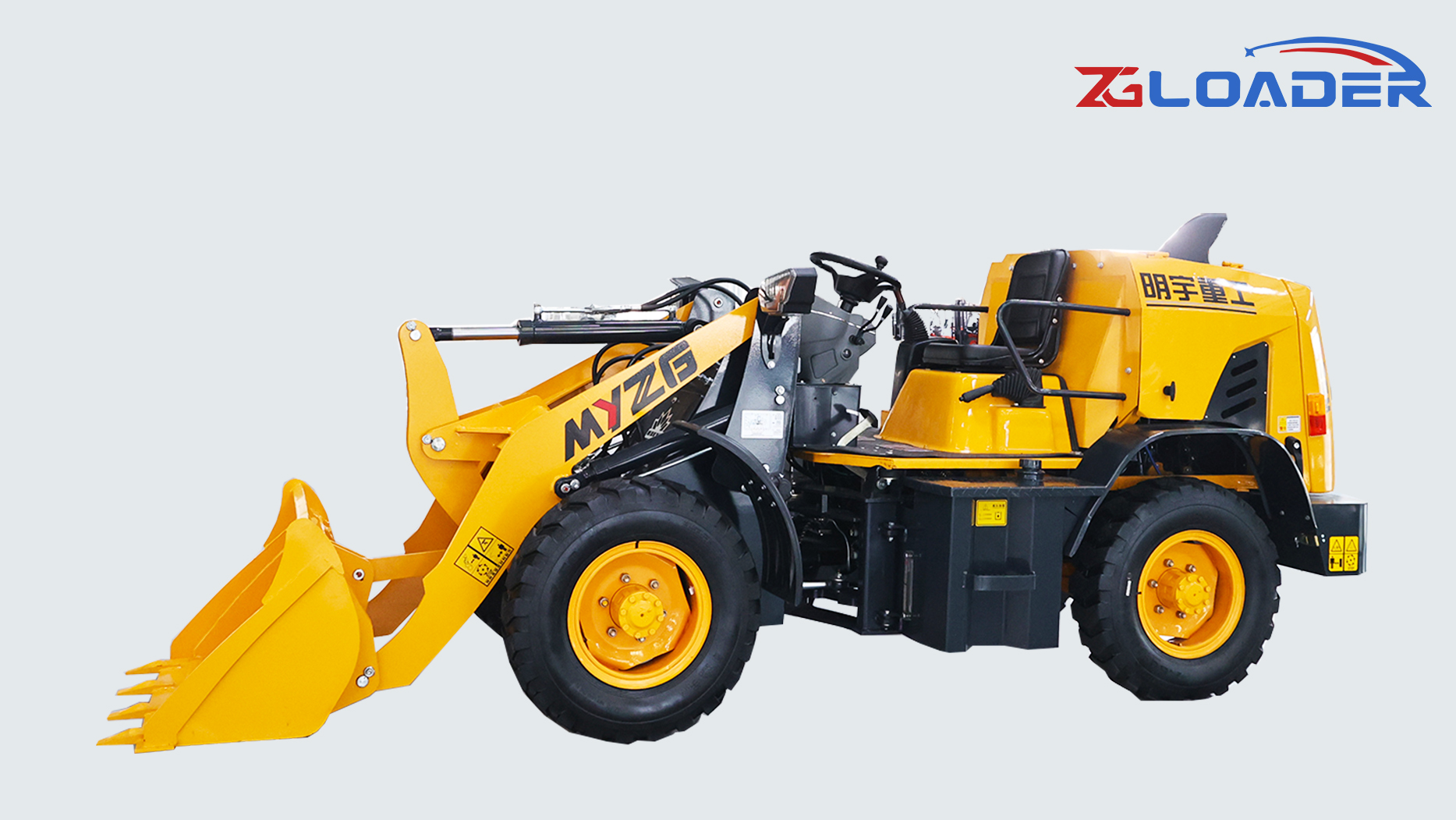Operating a wheel loader, a powerful piece of heavy equipment used in construction and various industries, involves significant responsibilities and safety considerations. Whether or not you need a specific license to operate one depends on several factors, primarily:
Jurisdiction: Licensing requirements vary significantly by state, province, or country.
Road Use: Operating a wheel loader on public roads generally requires a Commercial Driver's License (CDL), while operating it on private property may not.
Weight and Size: Heavier and larger wheel loaders often fall under stricter regulations and may require specific licenses or certifications.
Understanding the Factors
Jurisdictional Variations:
United States:
CDL Requirements: If a wheel loader is operated on public roads and exceeds a certain Gross Vehicle Weight Rating (GVWR), typically 26,001 pounds, a CDL is generally required.
State-Specific Regulations: Individual states may have additional requirements or exemptions. Some states may require a CDL for any vehicle exceeding a certain weight limit, regardless of road use.
Operator Training: Many states and employers mandate operator training and certification, even if a CDL is not required.
Canada:
Provincial Regulations: Licensing and certification requirements vary by province.
Commercial Vehicle Operators Registration (CVOR): Companies that operate commercial vehicles, including wheel loaders, may need to register with the appropriate provincial authority.
European Union:
Directive 2006/15/EC: This directive outlines general requirements for the operation of mobile and transportable machinery, including wheel loaders.
National Implementations: Individual EU member states have implemented this directive through their own national laws and regulations.
Road Use:
Public Roads: If a wheel loader is driven on public roads, even occasionally, it is more likely to fall under CDL regulations.
Private Property: Operating a wheel loader solely within a construction site, farm, or other private property may not require a CDL, depending on the specific regulations in your jurisdiction.
Weight and Size:
Heavier Wheel Loaders: Larger and heavier wheel loaders are more likely to require a CDL and may be subject to stricter regulations regarding operation and maintenance.
Smaller Wheel Loaders: Smaller models may have less stringent licensing requirements, but operator training is still highly recommended.
Licensing and Certification Requirements
Commercial Driver's License (CDL):
Obtained through a combination of written and road tests.
May require specific endorsements for operating certain types of heavy equipment, including wheel loaders.
Typically requires meeting certain medical and driving record requirements.
Heavy Equipment Operator (HEO) Certification:
Demonstrates proficiency in operating specific types of heavy equipment, including wheel loaders.
Often obtained through specialized training courses offered by vocational schools, community colleges, or equipment manufacturers.
May be required by employers, even if a CDL is not.
Occupational Health and Safety (OHS) Certifications:
May be required in some jurisdictions to ensure operator safety and awareness of workplace hazards.
Focuses on safe operating practices, hazard identification, and emergency procedures.
Importance of Training and Certification
Regardless of specific licensing requirements, proper operator training is crucial for:
Safety: Minimizing the risk of accidents and injuries to the operator and others on the worksite.
Efficiency: Improving operator productivity and reducing equipment wear and tear.
Compliance: Ensuring compliance with relevant safety regulations and industry best practices.
Professionalism: Enhancing the operator's skills and career prospects.
Key Considerations
Consult Local Regulations: Always consult with the relevant authorities in your jurisdiction to determine the specific licensing and certification requirements for operating a wheel loader.
Employer Requirements: If you are employed as a wheel loader operator, your employer may have specific training and certification requirements.
Insurance Coverage: Ensure that your insurance coverage adequately addresses the operation of heavy equipment, including wheel loaders.
Conclusion
Determining whether you need a license to operate a wheel loader requires careful consideration of several factors, including jurisdiction, road use, and the weight and size of the equipment. While specific requirements vary, proper training and certification are essential for safe and efficient operation. By understanding the relevant regulations and obtaining the necessary qualifications, you can ensure compliance and contribute to a safer and more productive work environment.
Post time:Jan.13.2025



